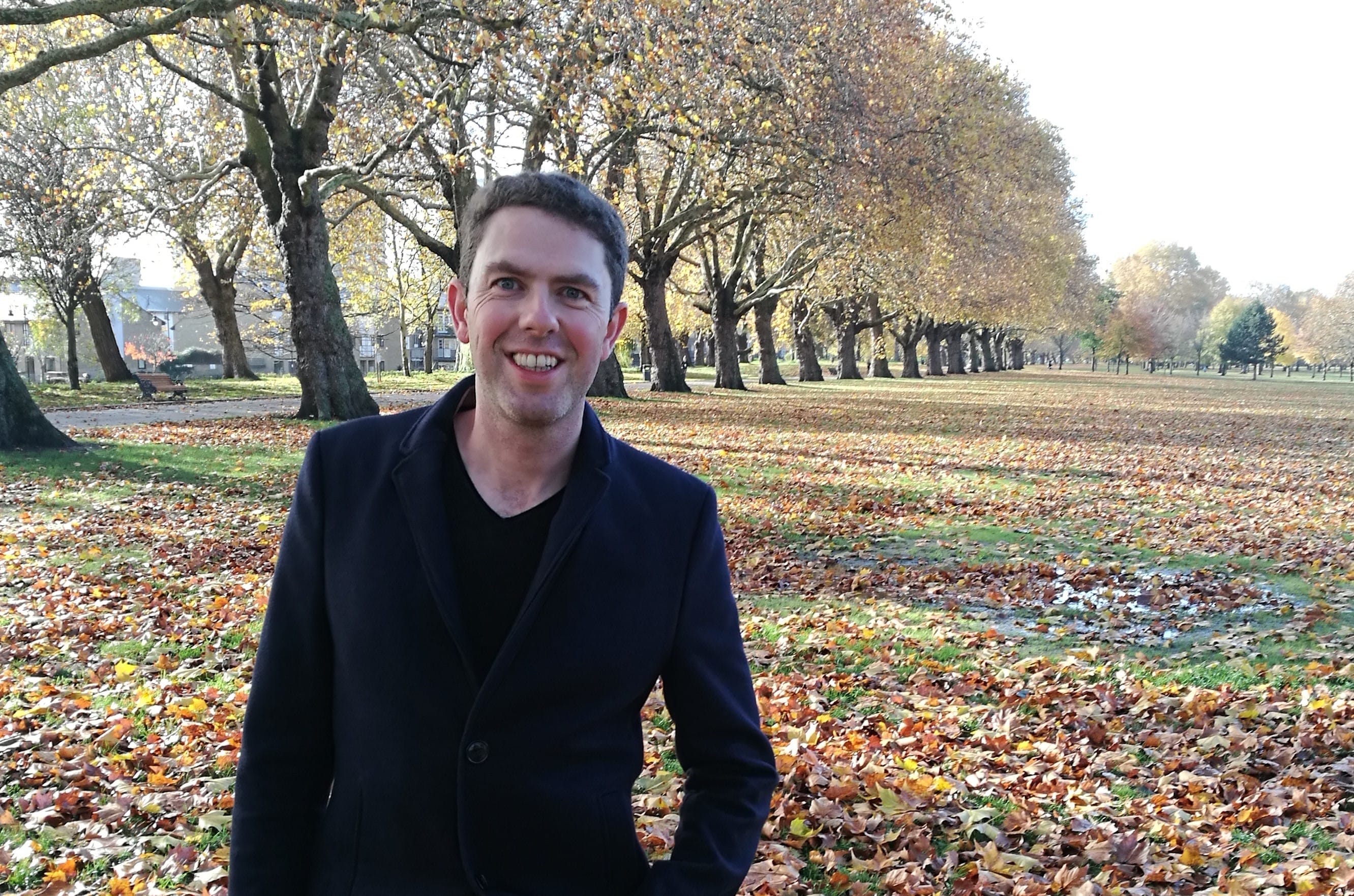Science journalist David Robson's new book, The Expectation Effect: How Your Mindset Can Transform Your Life, sets out to help people harness the mind-body connection that can improve their lives.
Combining cutting-edge neuroscience with narrative, Robson explores the incredible ways our mindset shapes every single facet of our lives, revealing how your brain holds the keys to unlock a better you.

David Robson Photo: supplied
Robson’s book looks at plenty of research and examples where it has been shown our own expectations towards things like dieting, exercise, and ageing can change us physiologically and in turn, over time, biologically too.
And it all starts with the brain, which builds up simulations of experiences, often before we’ve even experienced them, he says.
“When that information does come in through our eyes or our ears, that information is actually refining the models that the brain has already built.
“Some neuroscientists say the reality we experience is this kind of controlled hallucination because about 90 percent is created from within and then 10 percent of what we’re experiencing is coming from that data hitting our senses.”
For example, our mindset on dieting can also determine how we read the signals from our gut, affect how hungry we feel, and change our hormonal hunger response, he says.
“When we’re on a diet we often ignore every element of what we’re eating apart from the calorie count and we focus so much on the number of calories that we’re missing out.
“This creates this mindset of scarcity, you know, you’re telling your brain that actually you’re going to be really depleted in the important nutrients and energy that you need to get through the day and then that has a physiological effect on the body.”
That’s why cultivating an indulgent attitude to food can help you lose weight, he says.
“If you’re expecting food to have fewer calories, you see higher levels of that crucial hormone [ghrelin] after eating so your body is still expressing the hormone that’s telling it to seek new food because you’ve got this mindset of scarcity.
“What we want to do is to avoid the mindset of scarcity and the best way to do that is to actually stop focusing so heavily on what you’re missing out on your food … so you really want to focus even more than when you weren’t dieting on things like the flavours and textures and making sure they feel really satisfying for you.”
Research has also consistently shown that those who view ageing positively live longer (about 7.5 years) than those who don't, he says.
“The researchers then tried to join the dots of how that could possibly be the case. The most obvious mechanism would be differences in behaviour.
“It could just be that if you’re defeatist about ageing, you’re less likely to do exercise, you might just take less case of your body and that’s almost certainly one aspect but what we also know is there’s some kind physiological mechanism here too.”
The difference is even noticeable on an individual cell level, with people with negative age beliefs having a faster ‘epigenetic clock’, he says.
“It seems to be that if you associate ageing with decline you just feel more vulnerable and that means all of the challenges that you face are going to be more stressful.
“That heightened stress response means higher levels of cortisol, higher levels of inflammation in the body over a long period of time and we know that chronic inflammation and chronically high levels of cortisol that that can cause bodily wear and tear, that’s going to contribute to numerous diseases from cardiovascular disease to Alzheimer’s disease.”
Another example Robson explores is placebos - often used in medicine research – which have been shown to correspond to physiological changes in the body.
“If you take a placebo believing that it’s a painkiller then your brain actually starts to release its own endogenous painkillers, so chemicals called opioids and endocannabinoids that actually work as painkillers.
“So we know the placebo effect is real, it can be powerful and what’s even more amazing is that actually we know now you can give people a placebo, and they can even know they’re taking a placebo so you don’t need any deception, and they can still get some kind of benefit.”
On the flipside, the mere thought of having a symptom or disease can actually make us ill, Robson says.
“There’s good research showing that for some people with wheat allergies – not everyone, but for some people – they’re experiencing this negative expectation effect.
“So in trials with these people, when they’ve been given foods that don’t contain any wheat products at all, so they’re completely free of gluten but they’re told it contains gluten, these people still showed the symptoms as if they were having this kind of sensitivity to that food so they might still be getting that bloated feeling or problems with their digestion.”
Reinforcements in our culture and media about things like allergies, dangers of stress or consequences of a lack of sleep can actually trigger our negative expectations, he says.
“That might explain actually why with all the media coverage we’ve had of these kinds of allergies and sensitivities that actually the rates have really sky rocketed, increased from few percent to more than 30 percent in lots of European countries, possibly because the media is kind of spreading this negative expectation effect.”

